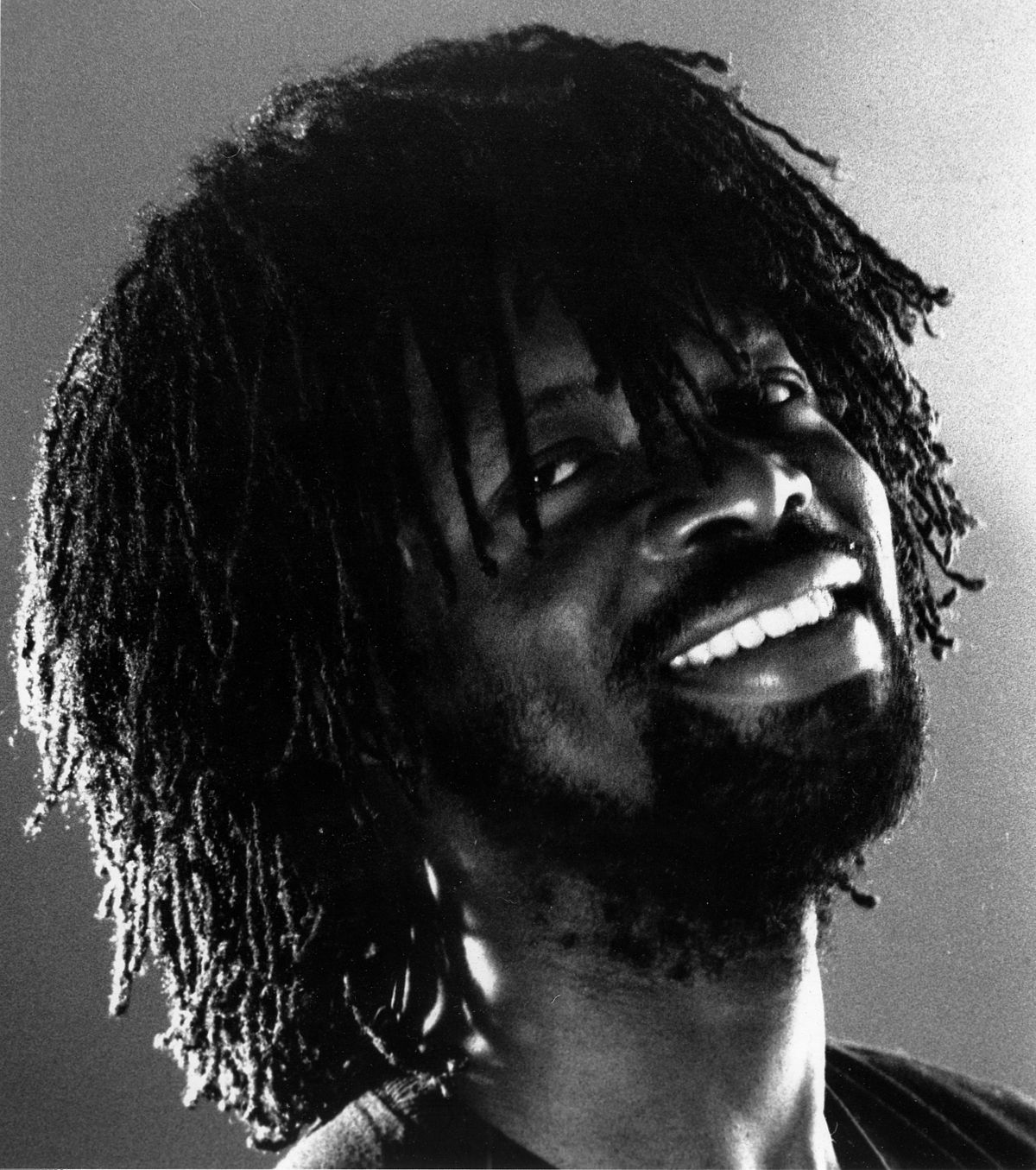

Partner Alex Hirst
Queer Places:
Georgetown University, 3700 O St NW, Washington, DC 20057
Pratt Institute, 200 Willoughby Ave, Brooklyn, NY 11205
 Oluwarotimi (Rotimi) Adebiyi Wahab Fani-Kayode (20 April 1955 – 21
December 1989) was a Nigerian-born photographer, who moved to England at the age of 12 to
escape the Biafran War. He explored the tensions created by sexuality, race
and culture through stylised portraits and compositions. The main body of his
work was created between 1982 and 1989. Upon his return to England after
completing his graduate studies in 1983, Fani-Kayode met his partner
photographer/filmmaker Alex Hirst, and began an important personal and
collaborative relationship. The two moved to London, and Fani-Kayode continued
his focus on part-autobiographical and mythical portraits; pursuing the theme
of the male black body as a subject of desire.
Oluwarotimi (Rotimi) Adebiyi Wahab Fani-Kayode (20 April 1955 – 21
December 1989) was a Nigerian-born photographer, who moved to England at the age of 12 to
escape the Biafran War. He explored the tensions created by sexuality, race
and culture through stylised portraits and compositions. The main body of his
work was created between 1982 and 1989. Upon his return to England after
completing his graduate studies in 1983, Fani-Kayode met his partner
photographer/filmmaker Alex Hirst, and began an important personal and
collaborative relationship. The two moved to London, and Fani-Kayode continued
his focus on part-autobiographical and mythical portraits; pursuing the theme
of the male black body as a subject of desire.
“My identity has been constructed from my own sense of otherness, whether cultural, racial or sexual. The three aspects are not separate within me. Photography is the tool by which I feel most confident in expressing myself. It is photography therefore — Black, African, homosexual photography — which I must use not just as an instrument, but as a weapon if I am to resist attacks on my integrity and, indeed, my existence on my own terms.”
Rotimi was born in Lagos, Nigeria, the second child of Chief Babaremilekun Adetokunboh Fani-Kayode and Chief Mrs Adia Adunni Fani-Kayode, This prominent Yoruba family moved to Brighton, England, in 1966, after a military coup and the ensuing civil war. Rotimi pursued his secondary education in England, where he went to a number of private schools, including Brighton College, Seabright College and Millfield, then moved to the USA in 1976 to complete his education. He read Fine Arts and Economics, gaining a BA, at Georgetown University, Washington, DC, and gained an MFA at the Pratt Institute, New York, in Fine Arts & Photography. While in New York, he became friendly with Robert Mapplethorpe and later admitted to Mapplethorpe's influence on his work.
Fani-Kayode returned to the UK in 1983. He died in a
London hospital of a heart attack while recovering from an AIDS-related
illness on 12 December 1989. At the time of his death, he was living in
Brixton, London, with his partner and collaborator Alex Hirst.
Although
admitting to some influence by Mapplethorpe's earlier work, Rotimi Fani-Kayode
pushed the bounds of his own art much further, exploring sexuality, racism,
colonialism and the tensions and conflicts between his homosexuality and his
Yoruba upbringing through a series of images in both colour and B/W. His work
is imbued with the subtlety, irony and political and social comment that one
would expect from an intelligent and observant black photographer of the late
twentieth century. He also contributed much to the artistic debate around HIV
and AIDS. He started to exhibit in 1984 and was involved with nine
exhibitions between then and his death at the end of 1989. He has since had
his work featured posthumously in many exhibitions and retrospectives. His
work has been exhibited in the United Kingdom, France, Austria, Italy,
Nigeria, Sweden, Germany, South Africa and US. In 1987 along with Mark Sealy,
he co-founded Aurograph ABP and became their first Chair. He was also an
active member of The Black Audio Film Collective. He was a major influence
on young black photographers in the late 1980s and 1990s. Following Alex
Hirst's death in 1992, there were some controversies over attribution of his
work, a discussion that still continues.
My published books: